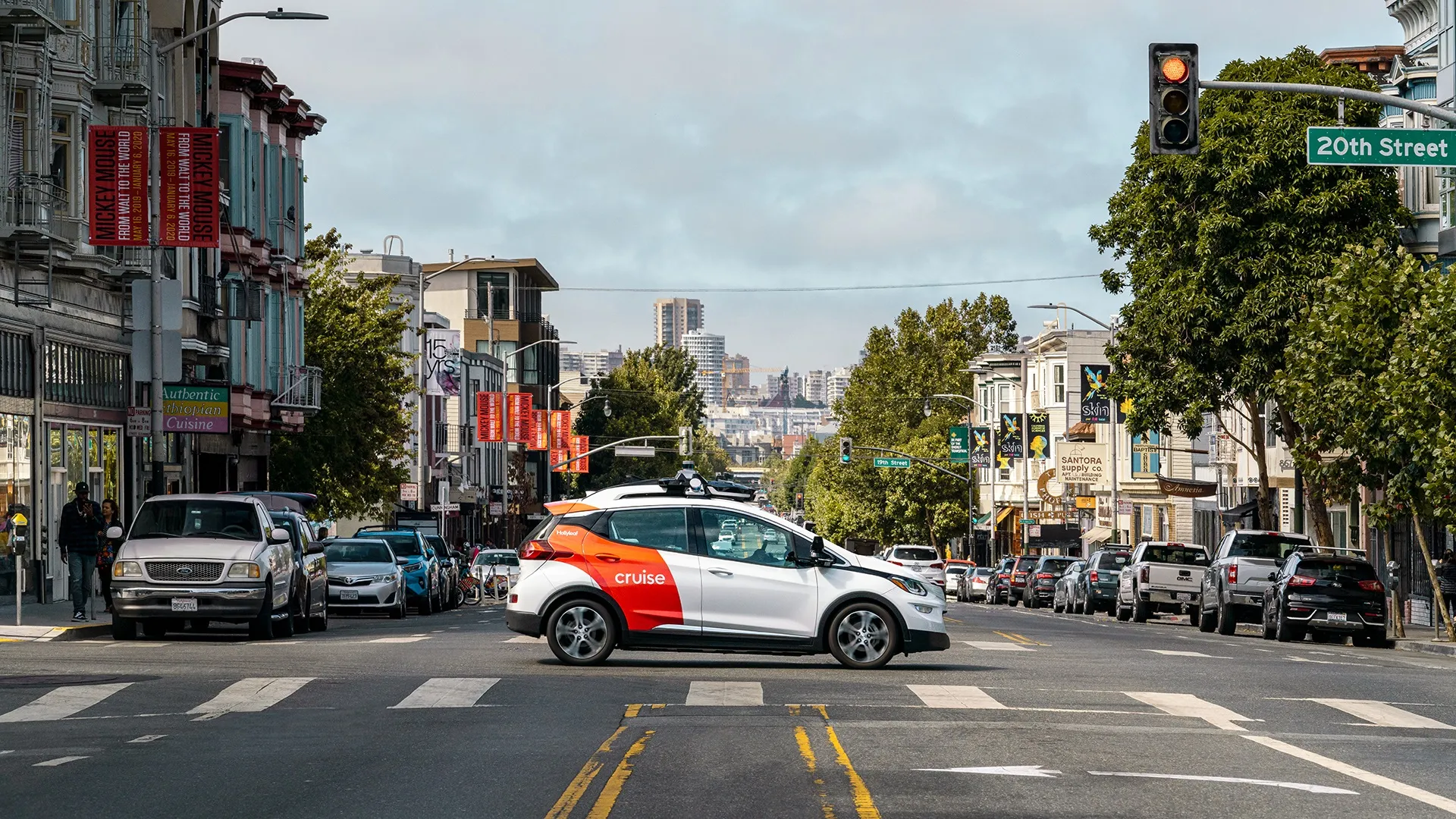Thatcham, Britain’s leading insurance-related automotive research centre, has given top marks to the self-braking system on Mercedes latest C-Class car saying it will provide major benefits to road safety and motorists’ insurance premiums. During testing for the Euro NCAP rating, the braking system on the latest avoided collisions at speeds of up to 40km/h (25mph) by detecting an object in its path and bringing the vehicle to a halt without any driver input.
To date many autonomous emergency braking (AEB)
September 25, 2014
Read time: 2 mins
Thatcham, Britain’s leading insurance-related automotive research centre, has given top marks to the self-braking system on 1685 Mercedes latest C-Class car saying it will provide major benefits to road safety and motorists’ insurance premiums. During testing for the 6437 Euro NCAP rating, the braking system on the latest model avoided collisions at speeds of up to 40km/h (25mph) by detecting an object in its path and bringing the vehicle to a halt without any driver input.
To date many autonomous emergency braking (AEB) systems have only been able to avoid collisions at around half the speed achieved by the new Mercedes technology. Thatcham says 17 vehicle manufacturers offer AEB and in the UK 7% of new cars now on sale have AEB as standard, while 17% have it as an option.
Thatcham is backing insurance industry calls for a government-funded incentive for buyers to select new vehicles with AEB.
To date many autonomous emergency braking (AEB) systems have only been able to avoid collisions at around half the speed achieved by the new Mercedes technology. Thatcham says 17 vehicle manufacturers offer AEB and in the UK 7% of new cars now on sale have AEB as standard, while 17% have it as an option.
Thatcham is backing insurance industry calls for a government-funded incentive for buyers to select new vehicles with AEB.









